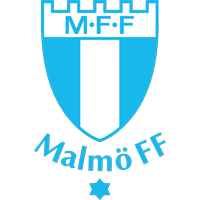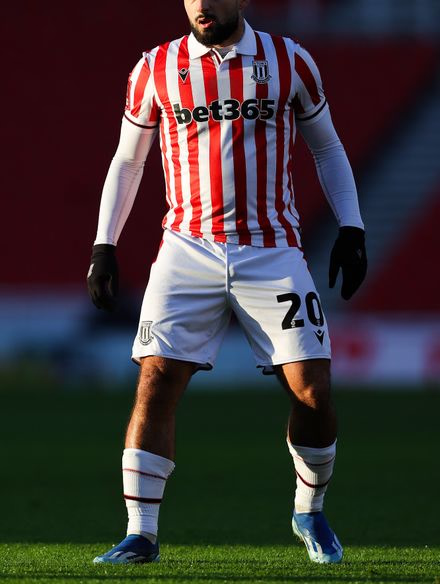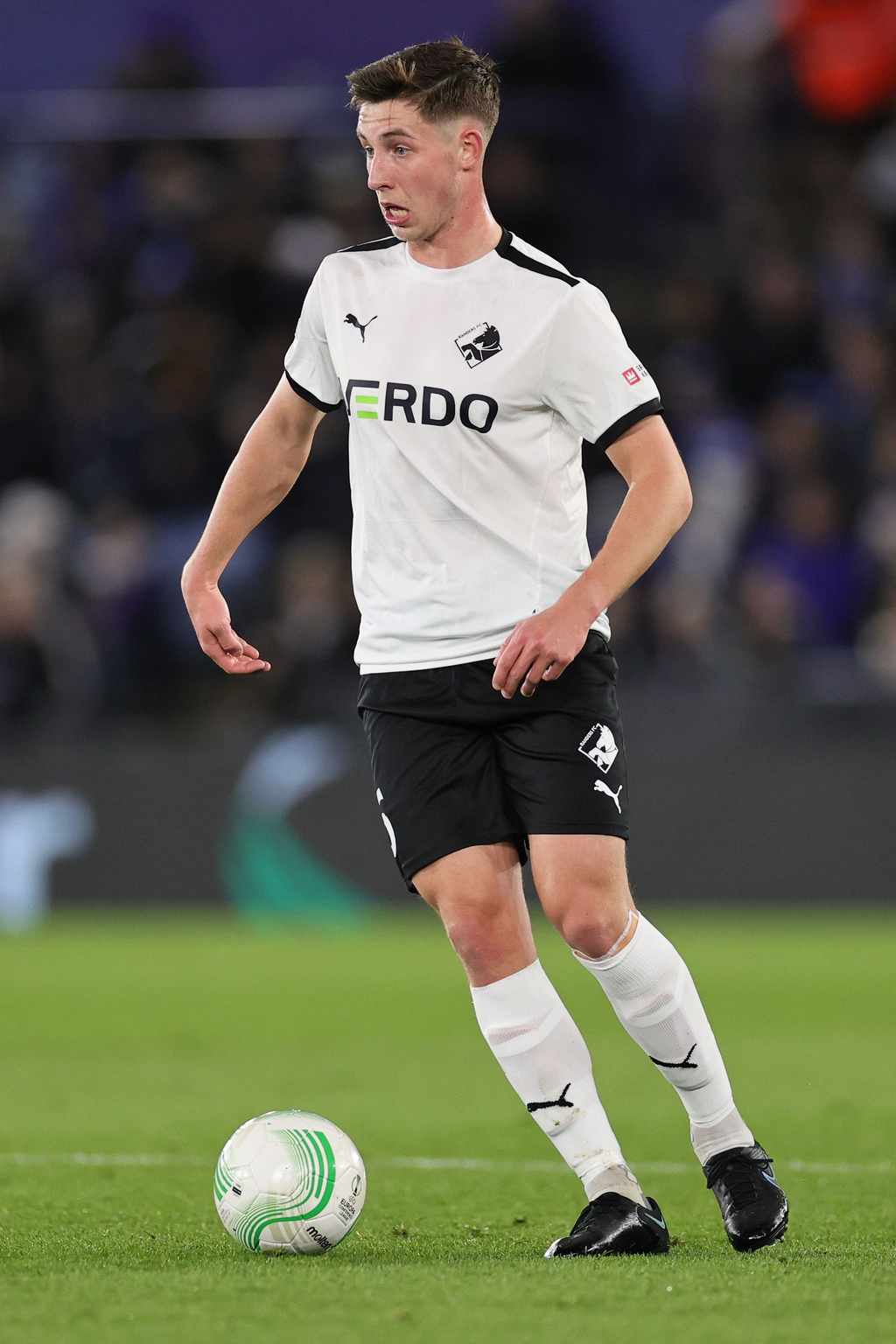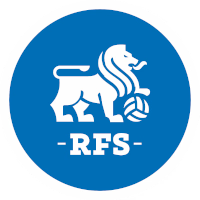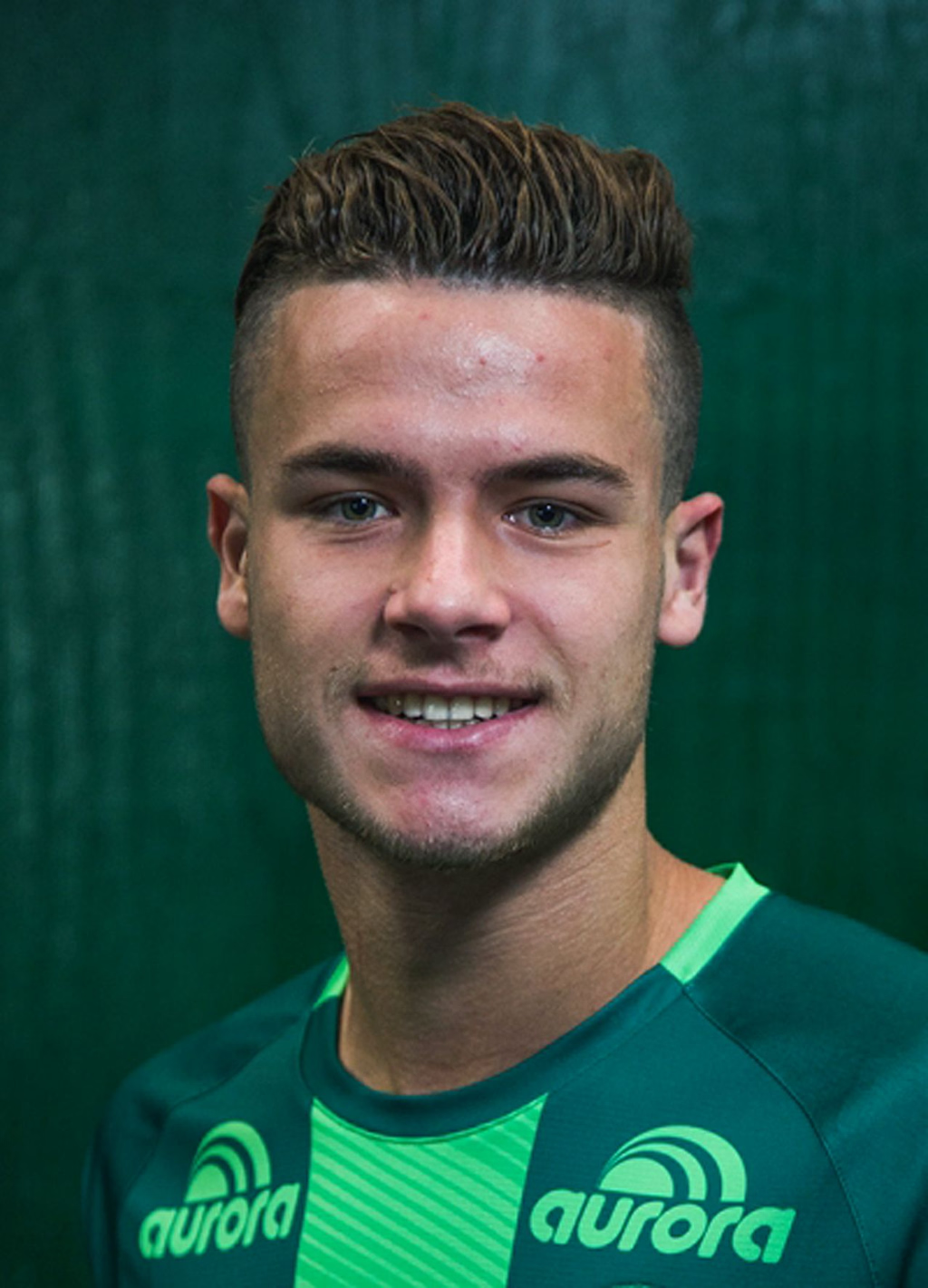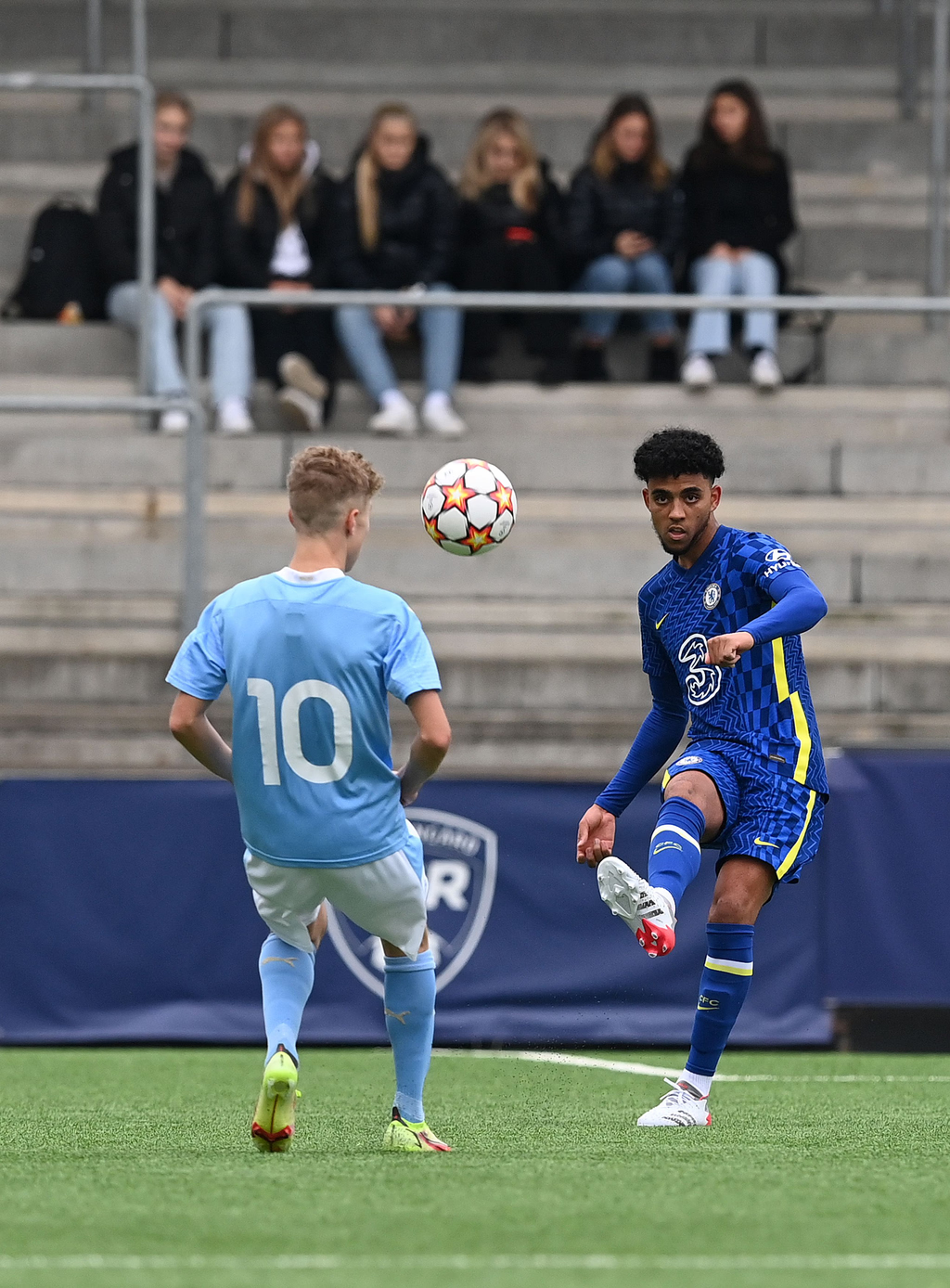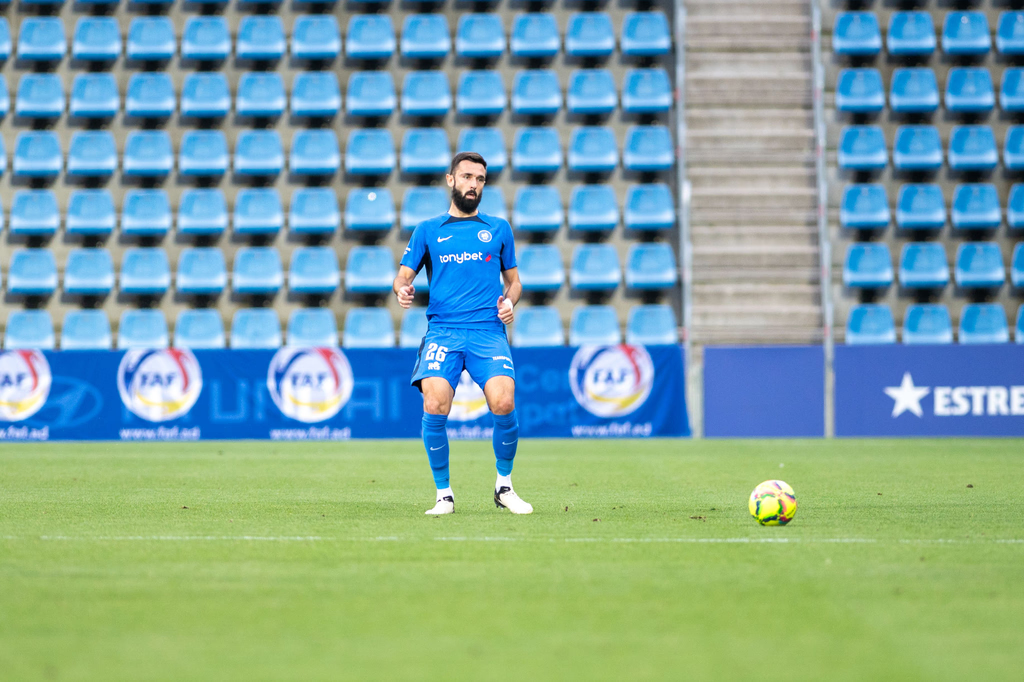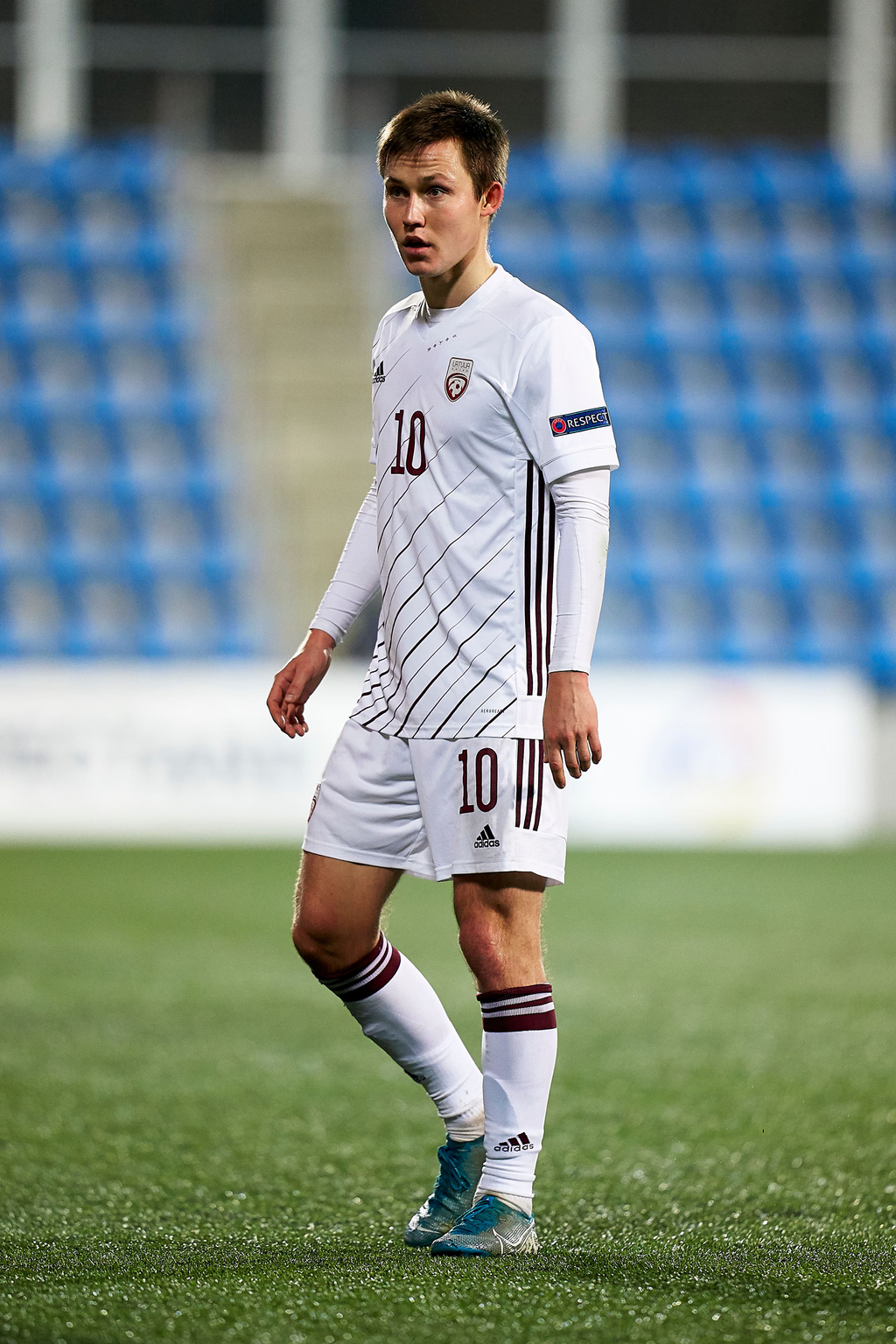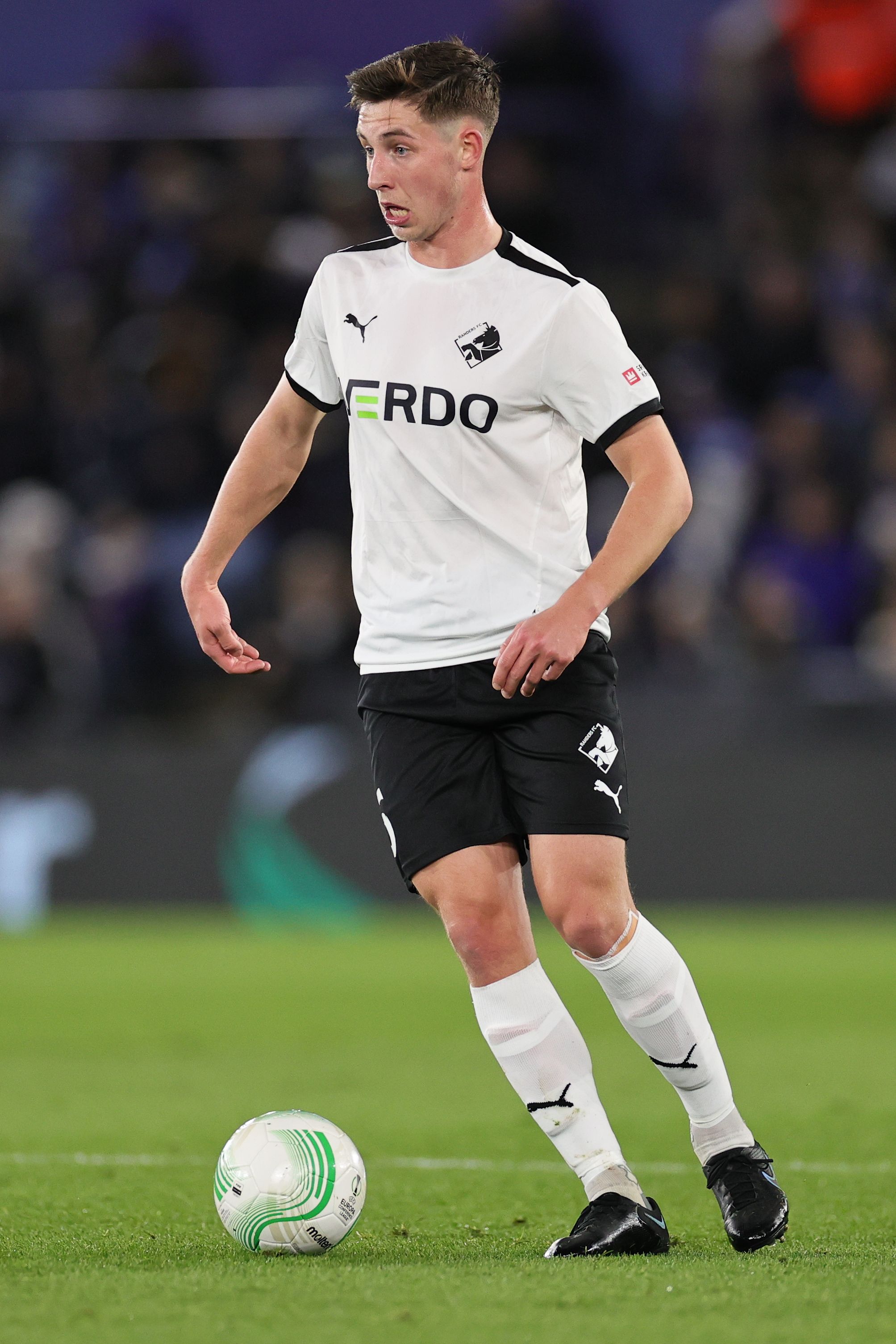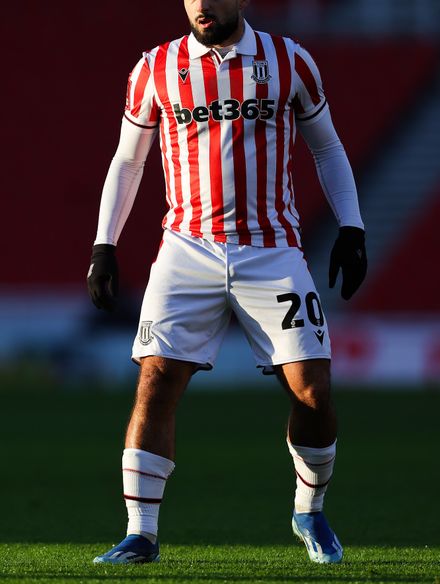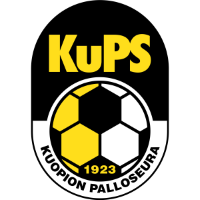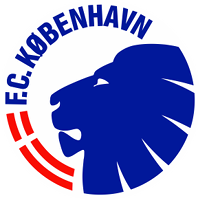RFS vs Malmö: Resumen
FK Rīgas Futbola Skola suffered a heavy 1-4 defeat against Swedish champions Malmö FF in the first leg of their UEFA Champions League second qualifying round tie at LNK Sporta Parks on a warm July evening in Riga. The visitors demonstrated their superior quality with a commanding performance that has all but secured their progression to the next round.
The atmosphere at the stadium was electric before kickoff, with local supporters hoping their side could continue their impressive domestic form on the European stage. However, those hopes were quickly dampened when Otto Rosengren broke the deadlock after just 13 minutes, silencing the home crowd.
Malmö captain Pontus Jansson doubled the visitors' advantage in the 35th minute with a powerful header from Busanello's precise cross. The Latvian champions briefly rallied when Darko Lemajič pulled one back five minutes later, sending the home supporters into raptures and giving FK Rīgas Futbola Skola a lifeline heading into the break.
Any momentum gained was swiftly extinguished in the second half as Sead Hakšabanović restored Malmö's two-goal cushion in the 57th minute with a clinical finish. The Swedish side sealed their dominant victory late on when substitute Leo Johnsen converted from the penalty spot in the 88th minute after a clumsy challenge in the box.
This comprehensive away victory puts Malmö FF in an extremely favorable position ahead of the return leg in Sweden next week. For the Latvian side, overturning a three-goal deficit at the Eleda Stadion now looks like an insurmountable challenge. The FK Rīgas Futbola Skola vs Malmö FF match in the UEFA Champions League qualifying round has demonstrated the gap that still exists between clubs from these two footballing nations.
"We knew this would be a challenging fixture against a quality opponent, but I'm disappointed with how we managed key moments of the game. Conceding from set pieces is particularly frustrating when we've worked so hard on defending them. The players showed character to get back into the match before halftime, but we lost our discipline in the second period. The tie isn't mathematically over, but we face an enormous challenge in Sweden," admitted Viktors Morozs, FK Rīgas Futbola Skola coach.
"I'm very satisfied with both the result and performance. To score four away goals in a Champions League qualifier shows the quality and mentality of this group. We were clinical in front of goal and controlled the game for long periods. However, I'm slightly disappointed we allowed them back into the match right before halftime. Nothing is decided yet – we need to maintain our focus for the second leg," stated Henrik Rydström, Malmö FF coach.
"The atmosphere was incredible tonight, and we wanted to deliver a better performance for our supporters. Unfortunately, we made too many mistakes against a team that punishes you at this level. We'll go to Sweden with nothing to lose and give everything to restore some pride," commented Dāvis Ikaunieks, FK Rīgas Futbola Skola captain.
"We came here with a clear game plan and executed it well. Scoring early helped settle any nerves, and we showed our experience in managing the match afterward. The job is only half done though – we need to be professional in the return leg," said Pontus Jansson, Malmö FF captain and goalscorer.
"The difference in European experience was evident tonight. Malmö played with confidence and precision expected of a club with their Champions League pedigree. For Rīgas Futbola Skola, this is a harsh lesson but one that can prove valuable for their development on the European stage," analyzed former Latvia international Māris Verpakovskis in his post-match assessment.
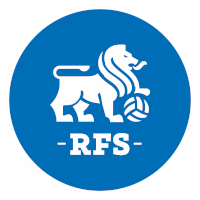
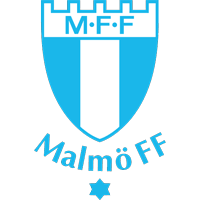
- Posesión del gol 41%59%
- 4Total de golpes13
- 1Tiros a puerta6
- 4Faltas cometidas5
- 3Saque de esquina6
The statistical breakdown of the FK Rīgas Futbola Skola vs Malmö FF UEFA Champions League qualifier reveals the visitors' dominance across most key metrics. Malmö FF controlled 58% of possession against FK Rīgas Futbola Skola's 42%, demonstrating their technical superiority and ability to dictate play away from home.
In terms of attacking threat, the Swedish champions registered 15 shots with 7 on target, converting four into goals – an impressive conversion rate that highlighted their clinical edge. The Latvian side managed 9 total attempts with just 3 finding the target, their lone goal coming from one of these rare accurate efforts.
Set pieces proved a significant factor, with Malmö winning 9 corners compared to just 4 for the hosts. The visitors' aerial prowess was evident as they scored from one such situation through Jansson's header.
The disciplinary record showed a competitive but generally clean contest, with FK Rīgas Futbola Skola receiving 3 yellow cards while Malmö players were cautioned 2 times. No red cards were shown despite some intense challenges as the home side sought to fight their way back into the match.
Individually, Sead Hakšabanović was the standout performer for Malmö, completing 91% of his passes, creating 4 chances, and scoring once. For the hosts, Darko Lemajič worked tirelessly as the focal point of their attack, registering 3 shots and scoring their only goal despite limited service.
The passing statistics further illustrated the contrasting approaches, with Malmö completing 487 passes at 88% accuracy compared to FK Rīgas Futbola Skola's 347 passes at 75% completion rate. This FK Rīgas Futbola Skola vs Malmö FF statistical comparison underlines how the UEFA Champions League experience of the Swedish side translated into tangible advantages across the pitch.
13' GOAL (0-1): Otto Rosengren gave Malmö FF an early lead with a precise low drive from the edge of the penalty area. The Swedish midfielder capitalized on hesitant defending from FK Rīgas Futbola Skola, finding the bottom corner beyond the goalkeeper's reach. A perfect start for the visitors, silencing the home crowd.
35' GOAL (0-2): Pontus Jansson doubled Malmö's advantage with a powerful header from Busanello's pinpoint cross following a short corner routine. The captain rose highest in a crowded penalty area to direct his effort into the top corner, leaving the goalkeeper with no chance. A classic center-back's goal showing Malmö's set-piece prowess.
40' GOAL (1-2): FK Rīgas Futbola Skola responded through Darko Lemajič, who guided Roberts Savaļnieks' cross into the net with a clever glancing header. This lifeline injected renewed energy into both the team and supporters just before halftime, suggesting the contest might be far from over.
57' GOAL (1-3): Malmö FF restored their two-goal cushion when Sead Hakšabanović finished clinically after Hugo Bolin's incisive through ball split the defense. The Montenegro international showed composure to slot past the onrushing goalkeeper, effectively silencing the brief Latvian resurgence.
73' TACTICAL SHIFT: Viktors Morozs made a double substitution and switched FK Rīgas Futbola Skola to a more aggressive 3-4-3 formation in a desperate attempt to get back into the match. This tactical gamble opened up more space for the visitors to exploit on the counter-attack.
82' KEY SAVE: Robin Olsen produced a spectacular fingertip save to deny Jānis Ikaunieks' powerful long-range effort that was heading for the top corner. This crucial intervention preserved Malmö's two-goal advantage at a critical juncture.
88' GOAL (1-4): Leo Johnsen, a second-half substitute, converted a penalty kick with confidence after Žiga Lipušček's clumsy challenge in the box. The Norwegian striker sent the goalkeeper the wrong way, placing the ball into the bottom right corner to complete the scoring. This fourth away goal for Malmö FF has likely put the FK Rīgas Futbola Skola vs Malmö FF UEFA Champions League qualifying tie beyond reasonable doubt.
Cronología del partido
The July 22nd encounter at LNK Sporta Parks marked the first-ever competitive meeting between FK Rīgas Futbola Skola and Malmö FF. With no historical precedent, this inaugural clash has now established a clear advantage for the Swedish side in the head-to-head record.
While these specific clubs hadn't met previously, the broader context of matches between Latvian and Swedish teams in European competitions shows a distinct pattern. Swedish clubs have historically dominated, winning 14 of the 19 previous encounters, with Latvian sides managing just 3 victories and 2 draws.
The match featured several intriguing individual battles across the pitch. The duel between Darko Lemajič and Pontus Jansson proved particularly fascinating, with both players finding the net. Despite Jansson generally containing the Latvian striker, Lemajič's clever movement created just enough space to score his team's only goal.
In midfield, Haruna Rasid Njie struggled to impact the game against the composed presence of Oliver Berg, who dictated the tempo for Malmö. This key battleground largely determined the visitors' control of proceedings, with Berg completing 94% of his passes compared to Njie's 76%.
On the flanks, Roberts Savaļnieks provided FK Rīgas Futbola Skola's brightest moments with his direct running and crossing, registering an assist. However, Malmö's Jens Stryger Larsen used his international experience to gradually neutralize this threat as the match progressed.
The goalkeeper comparison saw Robin Olsen's experience shine through for Malmö, with the Swedish international making three crucial saves including a spectacular stop from Jānis Ikaunieks late in the game. His commanding presence contrasted with the occasionally uncertain positioning of the home goalkeeper.
This first chapter in the FK Rīgas Futbola Skola versus Malmö FF history has set a high bar for the Swedish side to maintain in the return fixture, while the Latvians will be eager to make the second UEFA Champions League confrontation more competitive despite the significant deficit they face.
In the context of the UEFA Champions League qualifying rounds, this first-leg result positions Malmö FF as overwhelming favorites to advance to the third qualifying round. The Swedish side's comprehensive 4-1 away victory means they carry a three-goal advantage into the return fixture at the Eleda Stadion.
For FK Rīgas Futbola Skola, this defeat represents a significant setback in their European campaign. The Latvian champions now face an uphill battle to overturn the deficit, with statistics showing that less than 1% of teams in UEFA competition history have managed to recover from a three-goal first-leg home defeat.
Should Malmö FF complete the job as expected, they will face either Dinamo Zagreb (Croatia) or Ferencváros (Hungary) in the next round, continuing their quest toward the Champions League group stage. The Swedish club is aiming to reach the group phase for the first time since the 2021/22 season.
Meanwhile, if eliminated, FK Rīgas Futbola Skola would drop into the UEFA Europa League third qualifying round, where they would still have an opportunity to secure European football for the autumn. This path would require them to navigate two further qualifying rounds successfully.
In domestic competitions, both clubs currently occupy the top positions in their respective leagues. Malmö FF sits in first place in the Allsvenskan with a four-point cushion, while FK Rīgas Futbola Skola leads the Latvian Higher League by three points, having played one game fewer than their closest challengers.
The UEFA Champions League table structure means these qualifying rounds are crucial for clubs from nations with lower coefficient rankings, as they represent the only pathway to reach Europe's premier club competition and secure the substantial financial rewards that accompany participation.








